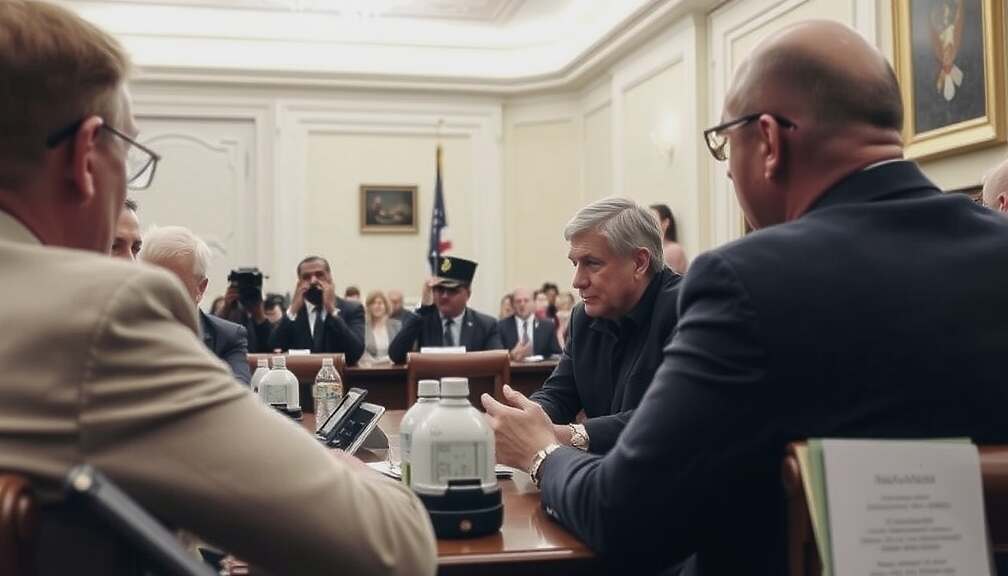Government Coalition to Confront Contentious Policy Decisions at Upcoming Meeting
A critical juncture awaits Germany’s ruling coalition as the Social Democratic Party (SPD) and Christian Democratic Union (CDU) prepare to convene their coalition committee on November 13th. Sources within the governing alliance confirm the date, signaling a confrontation over several policy areas already generating internal friction and public debate.
Key topics expected to dominate the discussions include the future of mandatory military service, the precarious state of the national budget and the deeply controversial implementation of the “Bürgergeld” (basic income) reform. The latter, spearheaded by Chancellor Friedrich Merz, has become a lightning rod for criticism from both sides of the political spectrum, with concerns raised over its punitive measures and potential impact on vulnerable populations.
The coalition previously agreed in October to escalate sanctions against individuals deemed to be refusing employment under the Bürgergeld system. However, this decision has already sparked dissent within the SPD’s grassroots membership, with plans underway to initiate a member petition challenging the escalated measures.
Beyond the immediate budgetary concerns and social welfare reforms, the coalition is also likely to address the debate sparked by Chancellor Merz regarding urban development and aesthetics. This issue, while seemingly peripheral, highlights a larger ideological disagreement between the CDU and SPD concerning the direction of German society and the role of the state in shaping its future.
The November 13th meeting represents more than a routine policy review; it is a test of the coalition’s cohesion and its ability to navigate increasingly complex and divisive political challenges. The potential for internal conflict, particularly surrounding the Bürgergeld reform and the increasingly assertive stance of the CDU leadership, casts a shadow over the stability of the governing alliance and necessitates careful maneuvering to avoid a breakdown in negotiations. The outcome will significantly impact the trajectory of German social policy and its perceived responsiveness to the needs of its citizens.












